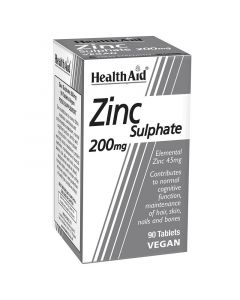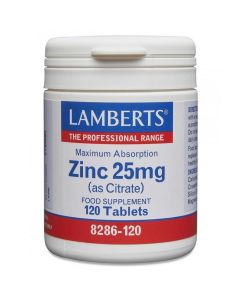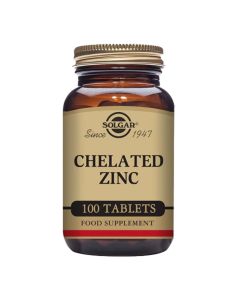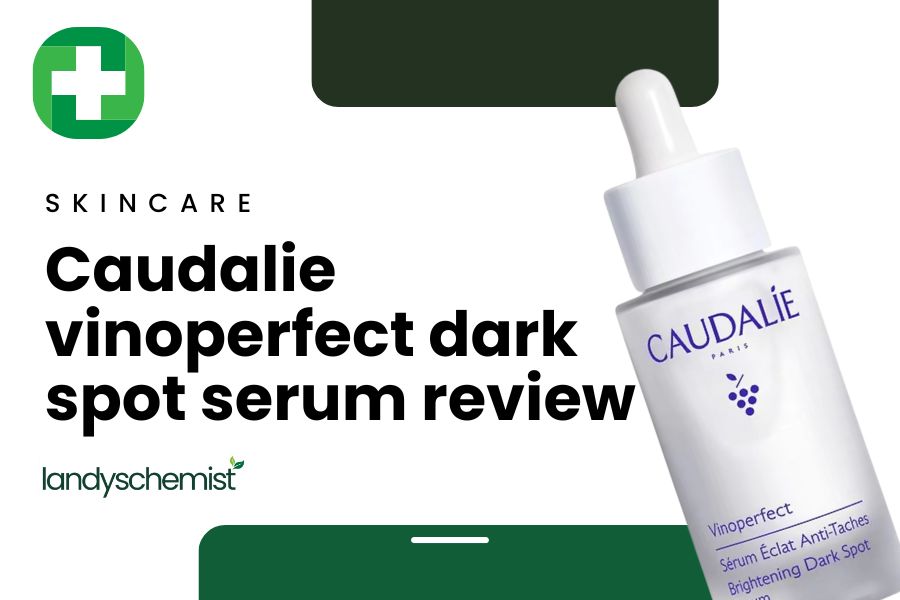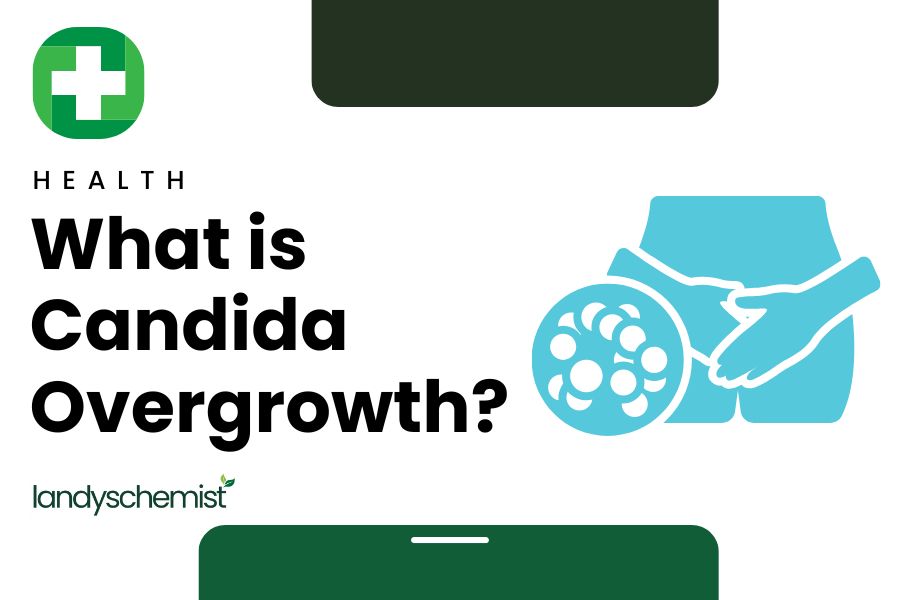
Guide To Zinc: Benefits, Signs Of Deficiency & Supplements
Zinc is an important mineral for maintaining a healthy body and immune system, for healing from injuries and more. Not having enough of this vital nutrient in your diet can cause pain, discomfort and illness.
To help you better understand the importance of zinc and how to get enough into your diet, we've taken a look at the benefits, symptoms of zinc deficiency and what the best zinc supplements are.
Benefits Of Zinc
Zinc has many benefits and plays a role in many systems in the body, with each of them contributing to our overall health. It is worth remembering that zinc is just one of the many minerals our body needs to stay as strong and healthy as possible.
Broadly, zinc is needed for the normal growth and development of the body, specifically of cells and enzymes. Since our bodies are full of these, zinc ends up contributing to key functions of the immune system and our metabolism.
The key benefits of zinc include:
- Maintaining good eyesight, including night vision
- Helping to heal wounds, including spots from acne
- Ensuring healthy sebum production, which enables hair growth and quality
- Supporting efficient digestion and gut health, which can be especially valuable for those with gut issues
Do We Get Enough Zinc In Our Diets?
Most people should be able to get enough zinc into their diet, as long as it's varied and includes zinc-rich foods. Adults need between 7mg and 9.5mg of zinc per day.
Good Sources Of Zinc
Readily available and common sources of zinc include:
- Meat – such as beef, pork and poultry
- Shellfish
- Legumes – for example lentils, beans and chickpeas
- Almonds
- Spinach
Zinc is present in a wide range of foods, often ones that are also full of protein. This means that vegans and vegetarians who are replacing animal and fish protein with nuts, seeds and legumes should still get enough zinc.
Zinc Deficiencies
There is no single symptom of zinc deficiency because zinc affects so many of our body's most important systems. In general, zinc deficiencies are rare and milder zinc deficiencies are most common in older people.
Signs & Symptoms Of Zinc Deficiency
Common zinc deficiency symptoms include:
- Hair loss
- Diminishing or loss of sense of taste or smell
- Wounds healing slowly
- Skin rashes getting rougher
- Canker sores
- Fatigue – prolonged tiredness
More serious symptoms of zinc deficiency include:
- Immune problems
- Loss of night vision
- Rashes around the mouth and genitals
- Severe diarrhea
Zinc Supplementation
If you are considering taking zinc supplements, we would suggest speaking to your GP first – unless they have already recommended you take zinc supplements. You should also bear in mind the following:
Side Effects Of Zinc Supplements
Be careful not to take too much zinc as it can hamper your body's ability to absorb copper – which is vital for many key functions in the body.
The most zinc you should consume, from foods and/or supplements, is 40mg. Beyond that, high amounts of zinc intake can lead to nausea, vomiting, abdominal cramps and headaches.
If you have a zinc deficiency, you should aim to take zinc on its own, rather than in a combined supplement with other nutrients. If you find you feel queasy when taking it with food, try taking it on an empty stomach as this can make it easier to digest.
Best Zinc Supplements
If you are taking a multivitamin, check the list of ingredients before adding a zinc supplement into your diet. Many multivitamins will include your daily dose of zinc so you won't need to take a separate zinc supplement.
We would recommend the following popular zinc supplements:
Disclaimer
The products offered are not intended to diagnose, treat, cure, or prevent any illness or disease, or replace the advice of a medical professional. Results are not guaranteed and may vary from individual to individual.

